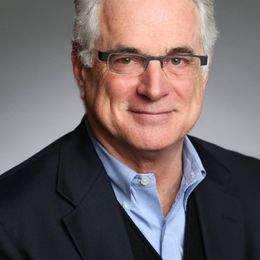What the Pandemic Has Meant for These Older Adults
Each is an essential worker in more ways than one
Like many Americans, I've been horrified watching the devastation of American society these past months. COVID-19 has taken more than 100,000 lives; the public-health lockdown has pushed the unemployment rate to Depression-era levels and the police killing of George Floyd in Minneapolis has led to widespread civil unrest.
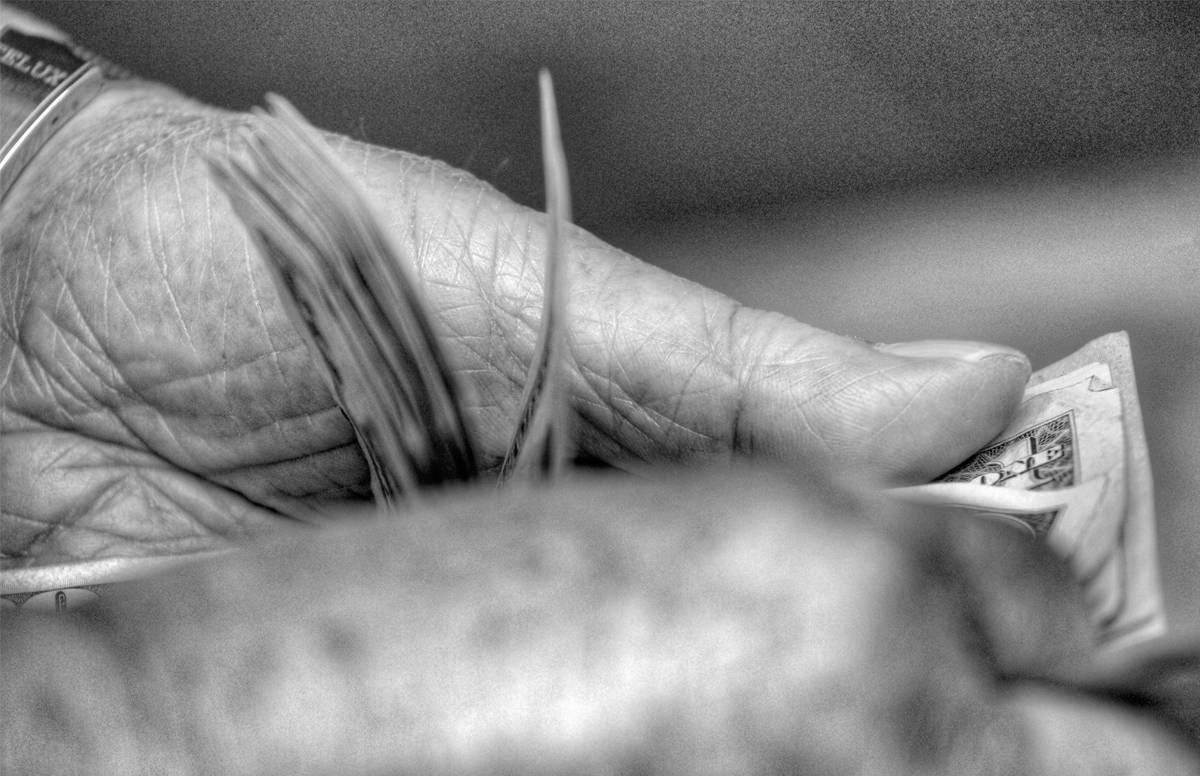
If there will be any silver lining as the economy cautiously (hopefully) revives, it's the appreciation of America's essential workers and assistance for them. Largely ignored and dismissed until now, essential workers are increasingly 50 and older, many employed in low-wage service jobs like retail and professional caregiving.
I recently interviewed two older essential workers and one older, low-income entrepreneur to learn how the pandemic has affected them, how they've been dealing with it and what they would like to see.
Susie Rivera, Caregiver
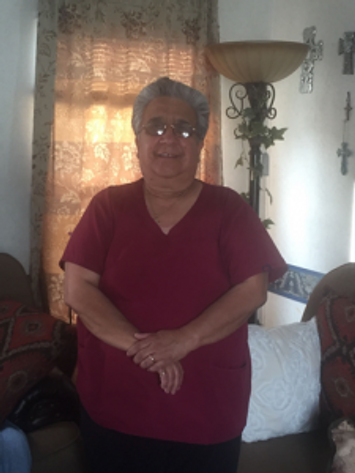
"This bit about essential workers," says Susie Rivera, a 63-year-old Mexican American caregiver, "there is no doubt in my mind we have always been essential. We were essential before the pandemic."
Rivera lives in a mobile home in New Braunfels, Texas, which is between San Antonio and Austin. She has been a caregiver since 1966 and works through eQuality Coop, a home care cooperative. Throughout our conversation, it became quite clear that Rivera is extremely proud of her work. Caregiving, she told me, is a "calling," not a job.
But the calling has taken a toll on her household finances due to the pandemic.
Rivera is the wage earner for an extended family of five — her wife and three child relatives. Before COVID-19, she was working 110 hours a week for several clients. Lately, though, that's dropped to 40 hours a week and she's down to one client, an elderly physician.
"I am working less hours now, but it's more stressful. It's scary,"
Worries about the contracting the virus led several of Rivera's older clients to sever ties, at least for now.
"I am working less hours now, but it's more stressful. It's scary," she says. "But if we don't work, we don't get paid."
Rivera worries about exposing herself and her family to COVID-19, too. Her wife isn't well. Everyone in their home wears masks and gloves there and takes many precautions to avoid the virus.
"I am so happy my family is safe," says Rivera. "But we live in chaotic times and I don't like chaos."
Our Commitment to Covering the Coronavirus
We are committed to reliable reporting on the risks of the coronavirus and steps you can take to benefit you, your loved ones and others in your community. Read Next Avenue's Coronavirus Coverage.
Bob Stanton, Trucker
Bob Stanton is a 62-year-old long-haul trucker based in the Chicago metro area. Talk about essential: many of his loads carry food to grocery chains, big-box retailers and fast-food operators.
Stanton has been a trucker for the past 20 years. Before that, he was a park ranger. Thoughtful, ready with a laugh and quip, he says the experience with COVID-19 has been both the "best of times and the worst of times."
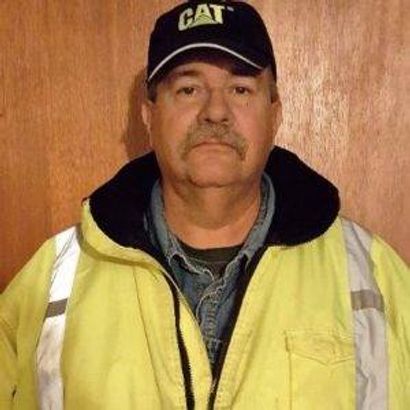
What's the best? People now know the economy doesn't function without truckers, especially ones delivering food, Stanton says. "The appreciation the pandemic has shown is that if I stop what I'm doing, you all starve," he notes. "That's the best of times."
And the worst?
Partly, it's that the coronavirus outbreak has made his job harder. Many bathrooms, showers and places to rest on the road have been closed during the lockdown.
And partly, it's that his risk of getting COVID-19 is high. Stanton has Type 2 diabetes, high blood pressure and sleep apnea; his wife has Type 1 diabetes.
He and his wife had a long talk in March about whether he should continue working. Although he still does, Stanton takes extreme cautions regarding the coronavirus when he is home. "If I brought it in, it wouldn't be good," he says.
Harvey Johnson, Semi-Retired
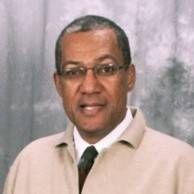
Harvey Johnson, 68, is something of a self-described "recluse" who hasn't found it difficult to isolate in his Minneapolis apartment during the pandemic. "I am on Social Security. It's enough for the moment," he says.
You could call Johnson retired, but that would be a mistake.
He has had a varied career, previously mostly as a professional caregiver, and is now taking a digital marketing course through the American Indian OIC (Opportunities Industrialization Center) in Minneapolis. He's also writing a book on healthy eating and aims to set up an e-commerce site to sell his book and future online courses.
"I am older, and I can't stand doing nothing. At my age, I want to do what I love to do, not what I have to do," notes Johnson.
"I want to move forward," Johnson says.
During his professional caregiving days, at one point he accumulated a substantial amount in savings and started a home care agency. He didn't really understand business, however. Eventually the agency failed, and his savings were gone.
The inspiration for the book came from noticing that many of his peers have struggled with health problems, while he's never spent a day in the hospital due to good eating habits. Since his eight-year-old computer was on its "last legs" and he couldn't afford a new one, Johnson got a microgrant from a local nonprofit to buy a replacement.
He draws inspiration from a group of black entrepreneurs like himself, the Black Enterprise Network. Lately, Johnson has been putting together his final presentation for the digital business course based on his ideas for marketing his forthcoming book. "I want to move forward," he says.
Age discrimination has long haunted the job market and so much recent commentary has focused on painting images of frail and vulnerable older adults. Yet after talking to these three productive, creative people, I'm more convinced than ever that older workers and older entrepreneurs are absolutely essential to the U.S. economy. Their contributions should be rewarded accordingly.
